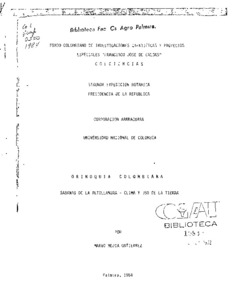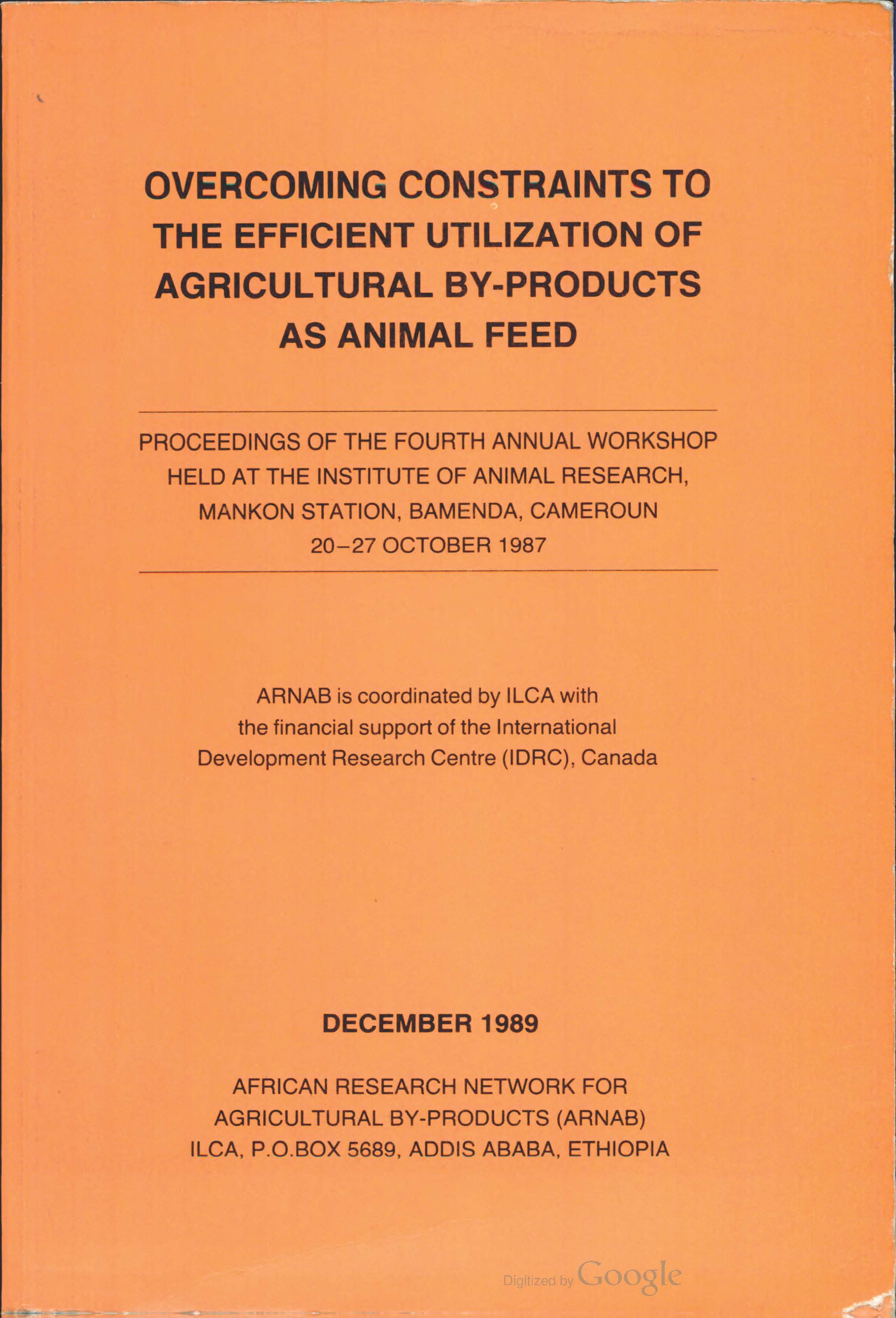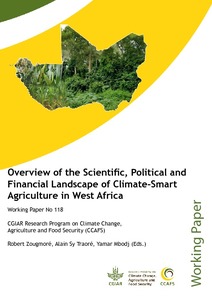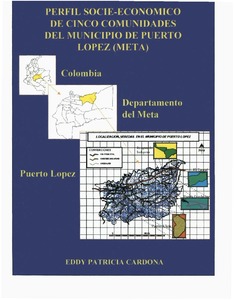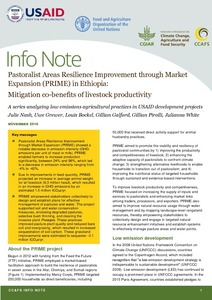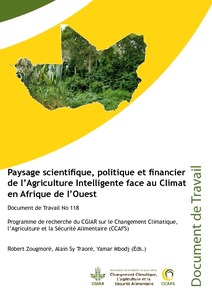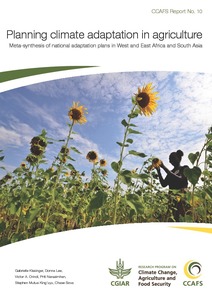Options for agriculture at Marrakech climate talks: messages for SBSTA 45 agriculture negotiators
SBSTA 45 in Marrakech represents a unique opportunity for Parties to decide on the future of agriculture within the UNFCCC. The process of discussions on issues related to agriculture initiated at COP17 in Durban 2011 culminates at COP22 in Marrakech 2016. The explicit reference to food security in the preamble of the Paris Agreement and the Intended Nationally Determined Contributions which prioritize agriculture as a sector for adaptation and mitigation actions, provide a foundation for Parties to develop appropriate frameworks to support



